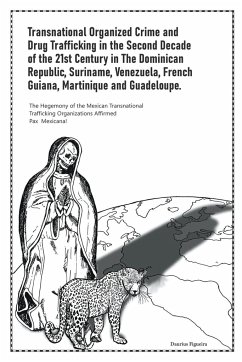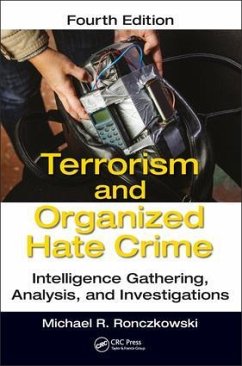
Intelligence Sharing, Transnational Organized Crime and Multinational Peacekeeping

PAYBACK Punkte
19 °P sammeln!
This book describes the problems of intelligence sharing among peacekeeping partners, mainly due to security concerns and a lack of policies and resources. The study posits that the current emphasis on violent extremism as a driver of conflict is misplaced, as TOC is a more pervasive cause, creating and exacerbating instability to increase its markets and capabilities and is an essential funding stream for violent extremists. The book identifies approaches to future missions emphasizing training and resourcing for analysts in the field.












